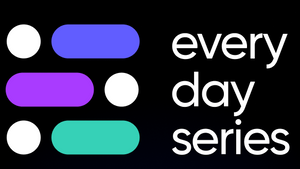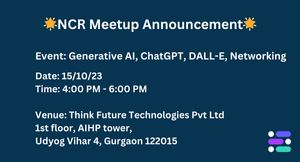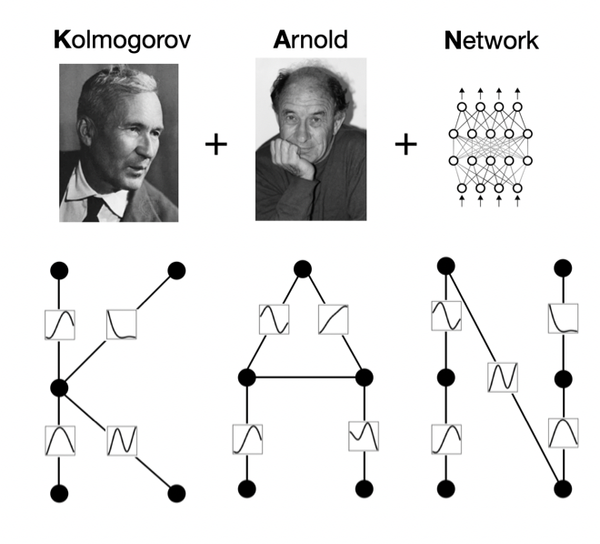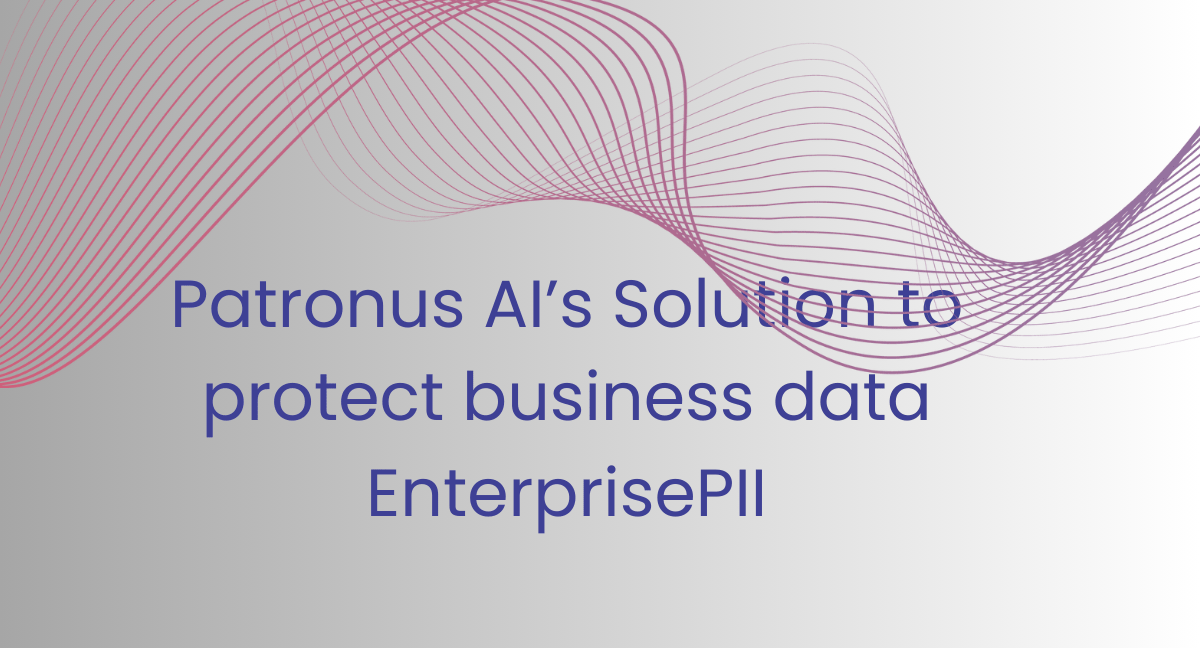Was moon landing fake?
Elicit says: These papers suggest that the moon landing was not faked. Eversberg 2019 found that the author does not believe that the moon landing was faked. Mailer 2014 found that the Apollo 11 mission was a success. Fong 2019 found that there was medical evidence that the Apollo astronauts were in space. Bowdley 2003 found that many people believe that NASA faked the moon landing, but this paper is not directly relevant to our research question.
GPT-3 is designed to generate text based on a prompt given to it. It uses a technique called predictive text, which is based on a large corpus of text that it has been trained on. This corpus includes millions of pieces of text from books, articles, blogs, and other sources. GPT-3 recognizes patterns in the text and uses them to predict what the next words should be. This helps it avoid getting stuck in writer's block since it has been trained to recognize patterns in the text.
Researcher, other than writing papers, also suffers from researcher's block (if it was a term!). For a prior art search, arguments and counter-arguments and at times looking for correct citations one has to sift through many documents to reach a correct reference. A time-consuming, nonlinear and at times a lot boring task.
Enters Elicit.org. From their website.
Elicit is a research assistant using language models like GPT-3 to automate parts of researchers’ workflows. Currently, the main workflow in Elicit is Literature Review. If you ask a question, Elicit will show relevant papers and summaries of key information about those papers in an easy-to-use table.
Website: https://elicit.org/
How does it work?
Elicit uses language models and based on your search query sift through various documents and tries to find the relevant response and paper from which the response is sought. Elicit is built by Ought, a non-profit machine learning research lab

Read their FAQs: https://elicit.org/faq
Don't forget to read:
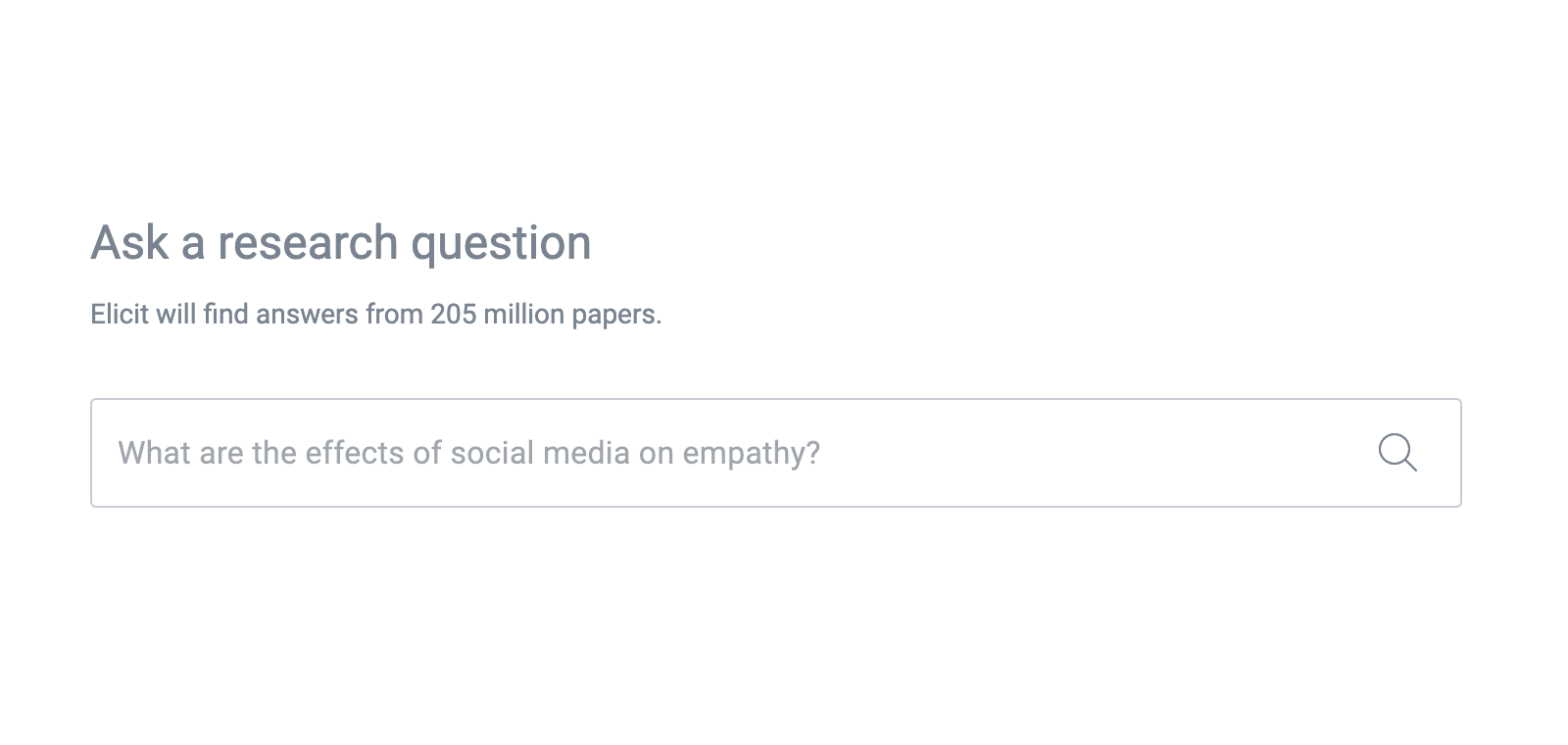
So what is stopping you from becoming a researcher and getting information from the correct sources of information and shaping your reasoning?
If you like our work, please consider supporting us so we can keep doing what we do. And as a current subscriber, enjoy this nice discount!
Also: if you haven’t yet, follow us on Twitter, TikTok, or YouTube!

